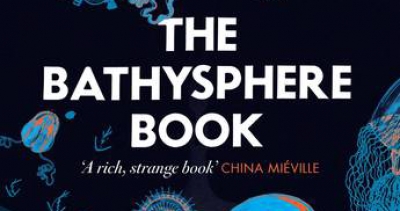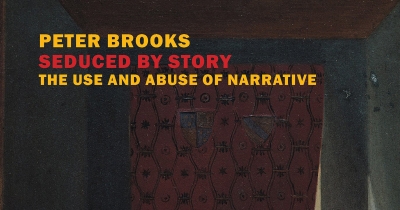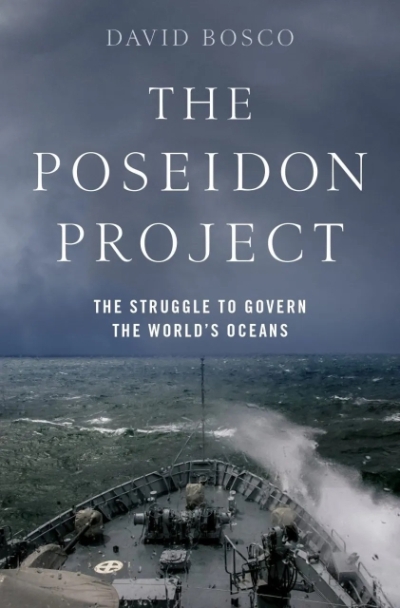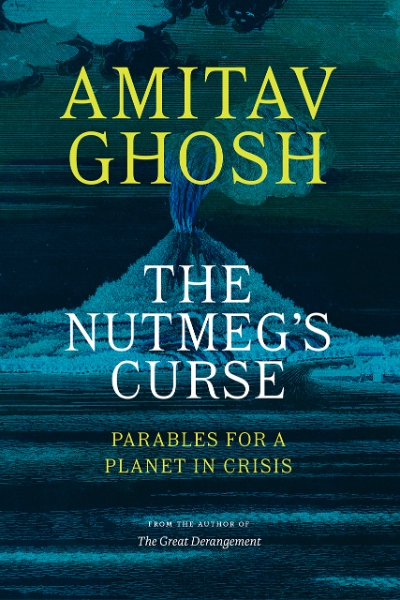Killian Quigley
Sign up to Book of the Week and receive a new review to your inbox every Monday. Always free to read.
Recent:
Seduced by Story: The use and abuse of narrative by Peter Brooks
by Killian Quigley •
The Poseidon Project: The struggle to govern the world’s oceans by David Bosco
by Killian Quigley •
The Nutmeg’s Curse: Parables for a planet in crisis by Amitav Ghosh
by Killian Quigley •





